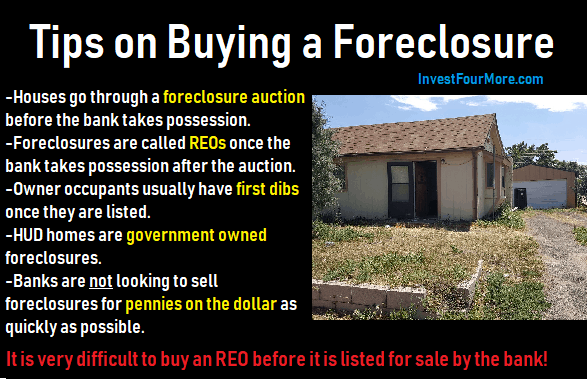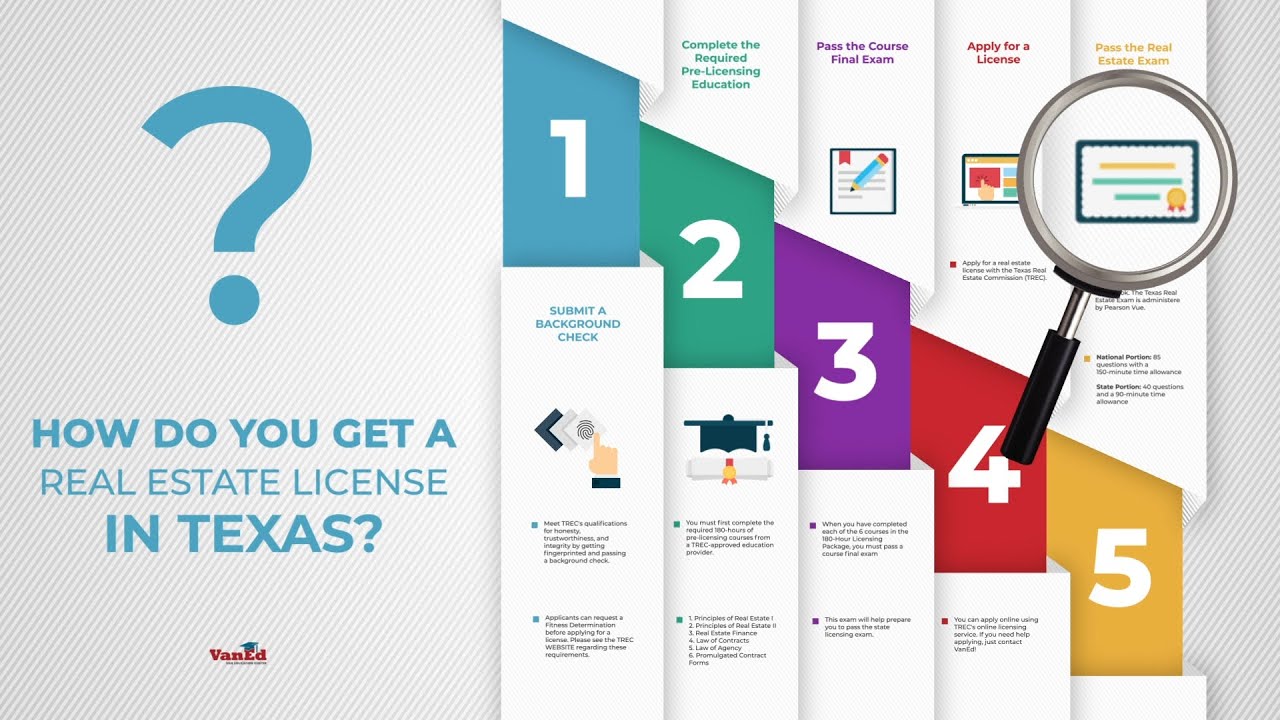
Diversification, like any other investment is essential to the success of your real-estate portfolio investment. Diversifying does not mean putting all your eggs into one basket. It means finding a balance between reward and risk. Diversifying your investments means diversifying in property types and locations. Diversification could include purchasing another property or renting it out. This strategy has proven to be a great way to make high-profitable investments. Continue reading to learn more about real-estate investing.
Building a real estate portfolio
Your goals will determine the mix of smart investments and cash flow that you choose to make in your real estate portfolio. A portfolio could contain properties that are safe, have potential for growth, and are easy to manage. While the exact formula depends on your personal goals and risk tolerance, following these steps can help you build a portfolio that will meet those goals. These are some helpful tips for building your real estate portfolio.
As with any other business, building a real estate portfolio requires planning. Finding a buyer will be necessary, as well as arranging financing. You may also need funding to purchase your next investment property. This is easier if you have a detailed business plan. By building a real estate portfolio, you'll be able to make sound decisions about the value of each investment property. You will also need to plan how to finance your different properties.

Tokenization of real property
For businesses with real estate properties in progressive jurisdictions, tokenization of real property portfolio investment is an option. Tokenized real estate investment enables the investors to own the real estate, which is often an income-producing asset. The real estate security tokens owners have the ability to decide what to do. Smart contracts let investors make these decisions automatically, decreasing transaction costs and time. Tokenization of real estate portfolio investment requires that a real estate security be located in a country with strong private property rights protection laws, which makes it difficult to use the same legal framework in countries outside of the U.S.
Timeshare schemes have hundreds of investors who own real estate. Tokenization is flexible for both investors as well as owners. It also reduces the traditional uncertainty of real estate. Real estate investors can also invest more easily with tokens than in traditional investment avenues, thanks to the blockchain technology behind it. However, if you are looking for a way to invest in real estate, tokenization may be the perfect option for you.
Calculating returns on your real estate investments
There are many variables to consider when calculating the returns on your real-estate portfolio investment. What you end up with will depend on how the property is in good condition, what financing terms are available, and what market conditions are. You should set a realistic goal, monitor your investments closely and be clear about what you are investing in. If you don't see the desired ROI you can review your strategy and adjust your expenses, refinance the mortgage or sell the asset.
Inflation rate is another important factor to take into account when calculating ROI for real estate investments. Although real estate is a stable investment option, REITs may produce volatile returns. One way to measure investment performance is by using the capitalization rate (CAPR). This is calculated by taking the investor's net operating earnings for a year and then dividing it by current market value. This information can be helpful in comparing properties of similar capitalization rates.

Invest in multiple rental properties
When it comes to boosting your real estate portfolio investment, investing in multiple rental properties is a good way to diversify your investment portfolio. You can generate several streams of income from the same property, which can be a great idea during uncertain economic times. But this strategy may prove difficult to finance. These are some ways to get started. Do some research before you invest. Know the market.
Take into account your savings ability. You need enough cash to make a 20% downpayment before you can invest in a rental. Experts recommend setting aside enough money to buy multiple rental properties. This is especially true if your goal is to purchase multiple properties. It is possible to have enough cash in your bank account to cover your monthly expenses for a property you own that was purchased within two to three year of the last one.
FAQ
What are the disadvantages of a fixed-rate mortgage?
Fixed-rate loans have higher initial fees than adjustable-rate ones. Also, if you decide to sell your home before the end of the term, you may face a steep loss due to the difference between the sale price and the outstanding balance.
Is it possible for a house to be sold quickly?
It might be possible to sell your house quickly, if your goal is to move out within the next few month. You should be aware of some things before you make this move. You must first find a buyer to negotiate a contract. The second step is to prepare your house for selling. Third, advertise your property. You should also be open to accepting offers.
What is a "reverse mortgage"?
Reverse mortgages allow you to borrow money without having to place any equity in your property. It allows you to borrow money from your home while still living in it. There are two types: conventional and government-insured (FHA). A conventional reverse mortgage requires that you repay the entire amount borrowed, plus an origination fee. FHA insurance will cover the repayment.
Statistics
- The FHA sets its desirable debt-to-income ratio at 43%. (fortunebuilders.com)
- It's possible to get approved for an FHA loan with a credit score as low as 580 and a down payment of 3.5% or a credit score as low as 500 and a 10% down payment.5 Specialty mortgage loans are loans that don't fit into the conventional or FHA loan categories. (investopedia.com)
- This seems to be a more popular trend as the U.S. Census Bureau reports the homeownership rate was around 65% last year. (fortunebuilders.com)
- This means that all of your housing-related expenses each month do not exceed 43% of your monthly income. (fortunebuilders.com)
- Over the past year, mortgage rates have hovered between 3.9 and 4.5 percent—a less significant increase. (fortunebuilders.com)
External Links
How To
How to Manage A Rental Property
Renting your home can be a great way to make extra money, but there's a lot to think about before you start. We will show you how to manage a rental home, and what you should consider before you rent it.
This is the place to start if you are thinking about renting out your home.
-
What is the first thing I should do? Before you decide if you want to rent out your house, take a look at your finances. If you are in debt, such as mortgage or credit card payments, it may be difficult to pay another person to live in your home while on vacation. Also, you should review your budget to see if there is enough money to pay your monthly expenses (rent and utilities, insurance, etc. You might find it not worth it.
-
How much is it to rent my home? It is possible to charge a higher price for renting your house if you consider many factors. These include factors such as location, size, condition, and season. You should remember that prices are subject to change depending on where they live. Therefore, you won't get the same rate for every place. Rightmove estimates that the market average for renting a 1-bedroom flat in London costs around PS1,400 per monthly. This means that your home would be worth around PS2,800 per annum if it was rented out completely. It's not bad but if your property is only let out part-time, it could be significantly lower.
-
Is it worth it. It's always risky to try something new. But if it gives you extra income, why not? Make sure that you fully understand the terms of any contract before you sign it. Renting your home won't just mean spending more time away from your family; you'll also need to keep up with maintenance costs, pay for repairs and keep the place clean. Make sure you've thought through these issues carefully before signing up!
-
Are there any advantages? Now that you have an idea of the cost to rent your home, and are confident it is worth it, it is time to consider the benefits. There are plenty of reasons to rent out your home: you could use the money to pay off debt, invest in a holiday, save for a rainy day, or simply enjoy having a break from your everyday life. You will likely find it more enjoyable than working every day. If you plan ahead, rent could be your full-time job.
-
How can I find tenants? After you have decided to rent your property, you will need to properly advertise it. Make sure to list your property online via websites such as Rightmove. You will need to interview potential tenants once they contact you. This will allow you to assess their suitability, and make sure they are financially sound enough to move into your house.
-
What are the best ways to ensure that I am protected? You should make sure your home is fully insured against theft, fire, and damage. You'll need to insure your home, which you can do either through your landlord or directly with an insurer. Your landlord will typically require you to add them in as additional insured. This covers damages to your property that occur while you aren't there. If your landlord is not registered with UK insurers, or you are living abroad, this policy doesn't apply. You will need to register with an International Insurer in this instance.
-
If you work outside of your home, it might seem like you don't have enough money to spend hours looking for tenants. It's important to advertise your property with the best possible attitude. Post ads online and create a professional-looking site. A complete application form will be required and references must be provided. While some people prefer to handle everything themselves, others hire agents who can take care of most of the legwork. Either way, you'll need to be prepared to answer questions during interviews.
-
What happens once I find my tenant If you have a lease in place, you'll need to inform your tenant of changes, such as moving dates. You may also negotiate terms such as length of stay and deposit. You should remember that although you may be paid after the tenancy ends, you still need money for utilities.
-
How do I collect the rent? When it comes to collecting the rent, you will need to confirm that the tenant has made their payments. You will need to remind your tenant of their obligations if they don't pay. You can subtract any outstanding rent payments before sending them a final check. You can call the police if you are having trouble getting hold of your tenant. They will not normally expel someone unless there has been a breach of contract. However, they can issue warrants if necessary.
-
What can I do to avoid problems? Renting out your house can make you a lot of money, but it's also important to stay safe. Make sure you have carbon monoxide detectors installed and security cameras installed. Make sure your neighbors have given you permission to leave your property unlocked overnight and that you have enough insurance. You should not allow strangers to enter your home, even if they claim they are moving in next door.